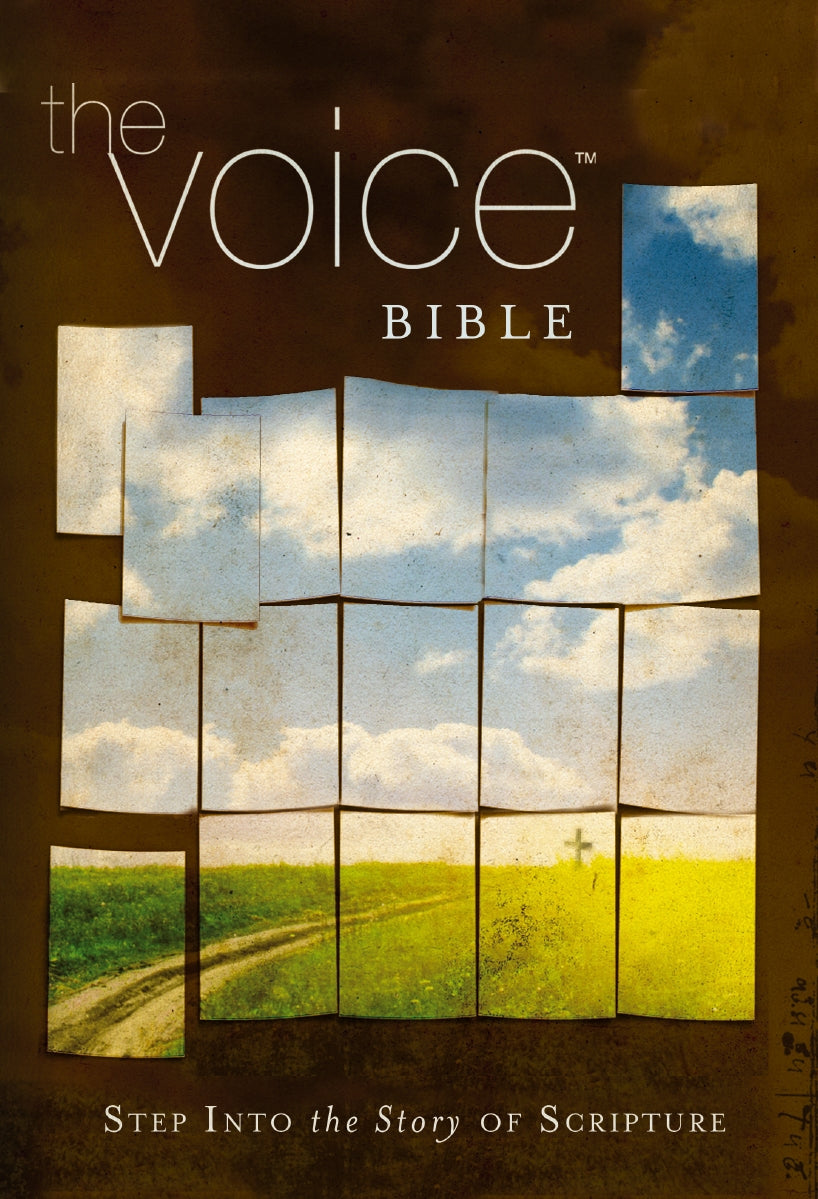Job 18:15-17
The Voice
Bildad sees the realm of death not just as a place of rest and waiting, but as a growing society ruled by a king. Sheol always has room for more citizens and always wants more. Like an infant, this place—this firstborn of death—has a voracious appetite for the wicked. And the infant’s father, the king of terrors, has many ways to provide for his child. His terrors are not nightmares or phobias or any other psychological device. Instead, he rules over disaster, disease, and famine—anything that brings death. Through his vibrant imagery, Bildad explains that death is the ultimate fate of the wicked; he implies that Job cannot be evil because the terrors he has faced have not yet killed him.
15 Bildad: Nothing of his remains in his tent,
and burning sulfur has been scattered on it so no one will dwell there again.
16 Death comes from both directions:
from below, his roots dry out;
from above, his branches wither.
17 On the earth, he disappears from memory;
on the outside, no one recalls his name.
The Voice Bible Copyright © 2012 Thomas Nelson, Inc. The Voice™ translation © 2012 Ecclesia Bible Society All rights reserved.


